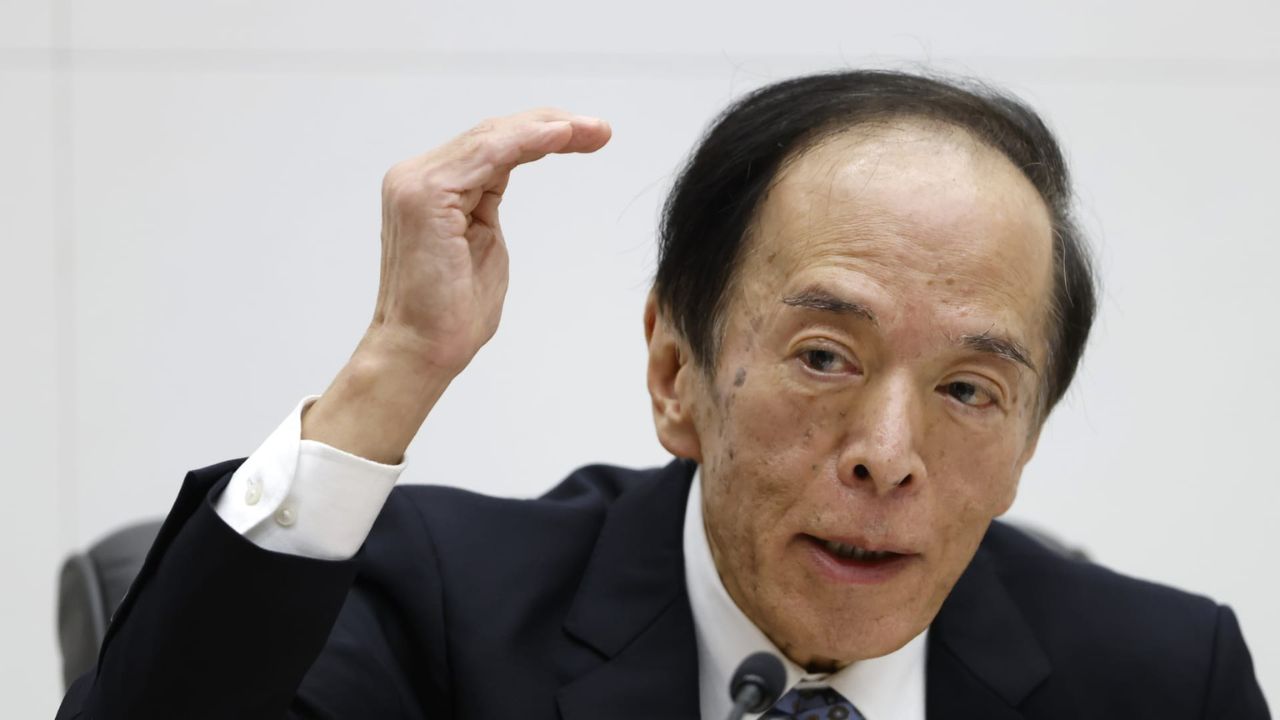As the Bank of Japan (BOJ) prepares for a pivotal change in monetary policy, analysts are scrutinizing the potential impact on the roughly $3 trillion of yen Japanese investors have allocated in global bond markets and yen trades.
Despite the anticipation surrounding the BOJ’s forthcoming decision, experts caution that significant adjustments may be necessary to materially influence the investment sectors shaped by years of low-interest rates.
Shifting Investment Dynamics
Japanese investors have strategically deployed trillions of yen overseas in pursuit of higher returns, driven by the prolonged era of near-zero interest rates at home, part of the BOJ’s enduring efforts to combat deflation.
This substantial overseas investment reflects a persistent quest for yields beyond the constrained opportunities offered by domestic markets.

The anticipated policy change by the BOJ speculated to occur imminently, marks a potential turning point.
Signs of increasing wages and business activity suggest a departure from the previous stagnation, potentially reducing the perceived necessity for the BOJ to uphold negative short-term rates.
However, analysts stress the need for substantial policy adjustments to effectively influence the entrenched investment strategies of Japanese investors.
Adapting to Financial Realities
Amidst rising expectations, attention turns to the $2.4 trillion of foreign debt held collectively by Japan’s financial institutions, including life insurance companies, pension funds, banks, and trust firms.
While these overseas holdings offer attractive returns upwards of 5%, analysts caution that minor adjustments in BOJ rates may not prompt significant repatriation of funds, underscoring the resilience of yen investors’ strategies.
The potential adjustment in the BOJ’s monetary policy signals a critical juncture for Japanese investors, who have contributed extensive overseas investments amidst prolonged low interest rates at home.

Despite signs of economic revitalization, the inertia of entrenched investment strategies presents a formidable challenge in redirecting capital flows.
As global financial markets brace for potential changes, the resilience of Japanese investors’ portfolios against modest rate adjustments highlights the intricacies of monetary policy transmission and the multifaceted nature of global capital flows.
